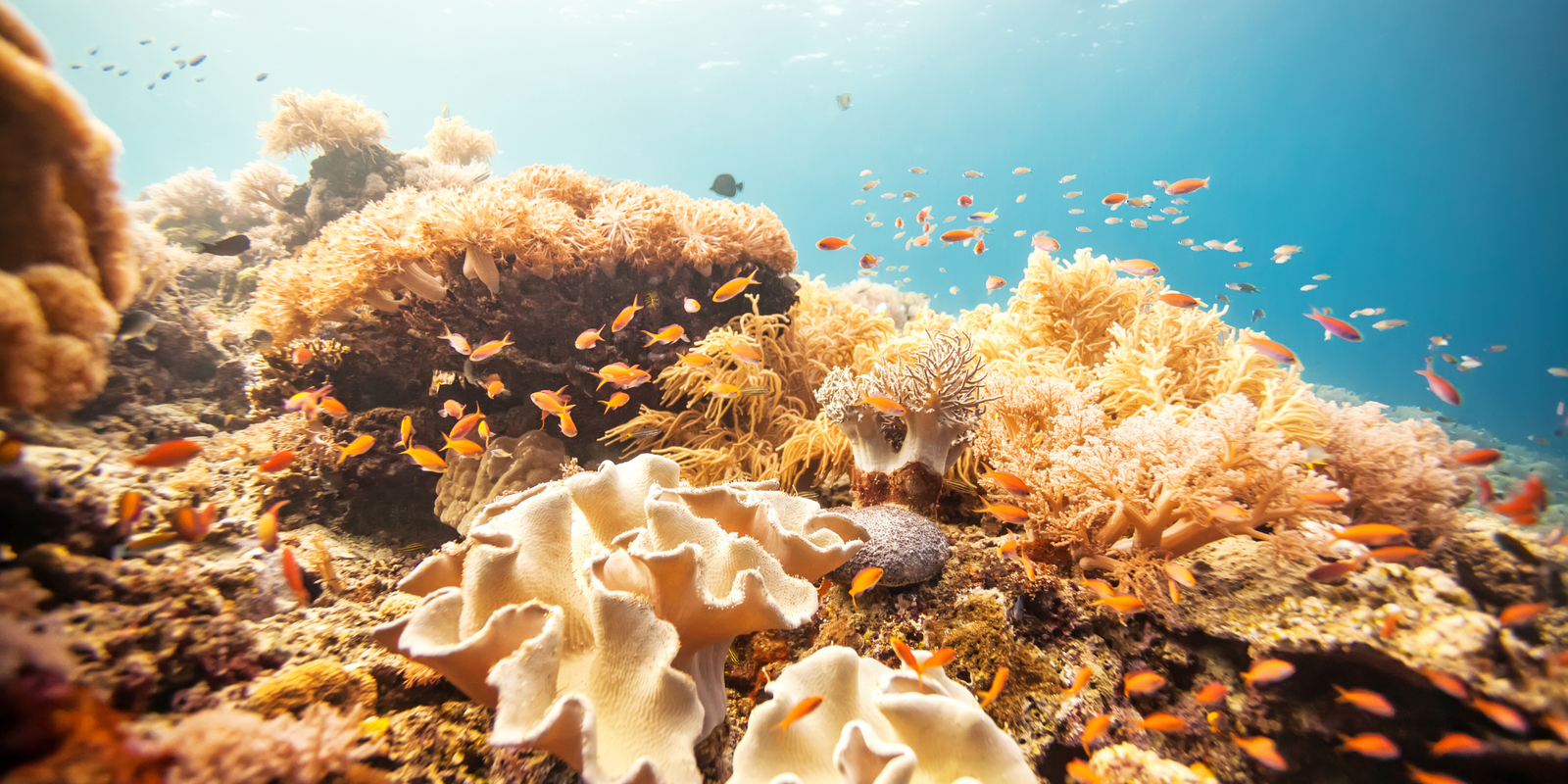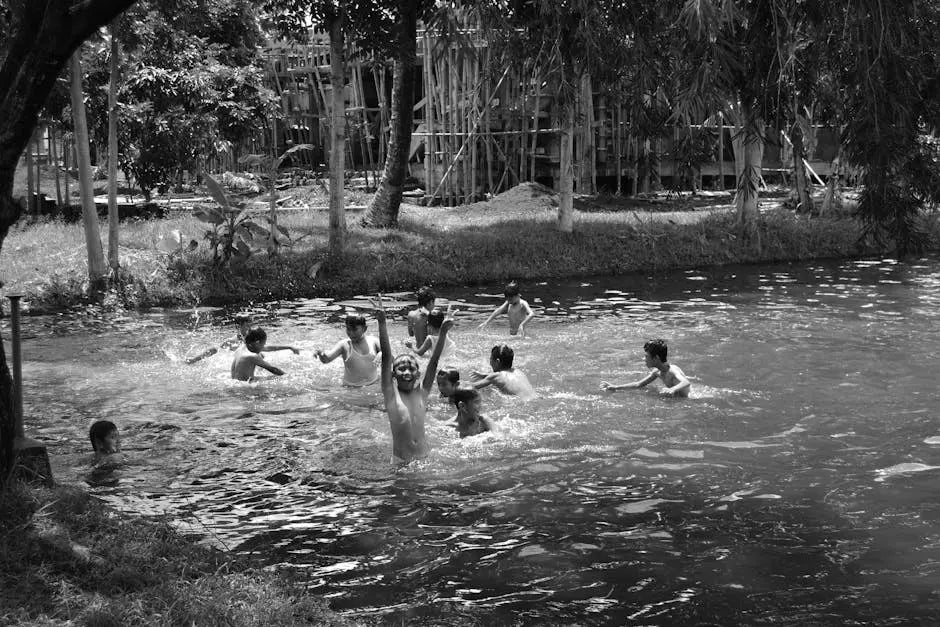Sunscreen and The Effects It Has On Our Oceans

You know that wearing sunscreen is important, but did you know it also has an impact on our oceans? Despite the fact that many people are aware of this issue, not many understand what it means or what they can do to help. So let's dive into sunscreen dangers and how they affect wildlife:
How does sunscreen harm the oceans?
Before we discuss exactly what sunscreen does to wildlife, it's important to point out all the ways sunscreen gets into the ocean so we can learn to avoid them! Here are the most common ways that sunscreen ends up in the ocean:
-
When you swim in the ocean, the sunscreen on your body will wash off in the water. If you're wearing chemical sunscreen, this can have a negative effect on the ocean, even though you're just trying to protect your skin...(this doesn't mean don't protect your skin, we'll get to that later).
-
Sunscreen can get into the ocean through spray sunscreens. When you apply sunscreen with a spray bottle at the beach, the sunscreen will not only reach you, but it'll also spray onto the sand around you. The sand will eventually wash into the ocean, therefore harming the ocean that way.
-
At some beaches there are outdoor showers for you to rinse off. This causes all of those chemicals from your sunscreen to wash directly into our oceans.
What does sunscreen do to wildlife?
So what does sunscreen do exactly to the ocean? It affects multiple parts of the marine ecosystem:
-
Sunscreen can prevent fish from absorbing vitamin D, which is necessary for their development, leading to impaired vision and immune responses that may make them more susceptible to parasites or disease.
-
Chemical sunscreens can cause algae blooms which can destroy coral reefs by smothering them and killing off other sea life that rely on coral for habitat or food sources. These algae blooms also release toxins into the water when they die off, which kills plants and animals living there.
-
Oxybenzone (one of the main ingredients in chemical sunscreen) prevents coral in its larval stage from reaching maturity as it disrupts the development of coral hormones and further causes the coral to produce excess calcium carbonate.
-
Oxybenzone also causes coral bleaching, which is a process where the coral colonies lose their beautiful color.
-
Coral reefs support more species than any other marine environment, including about 4,000 species of fish, 800 species of hard corals and hundreds of other species. Chemical sunscreens are harming coral reefs which can have catastrophic effects on marine wildlife.
What can you do?
You can help minimize your impact by using a mineral-based, reef-safe sunscreen. Look for a product that is marked ‘reef safe’ or ‘eco-friendly’ as this indicates that it has been tested and approved by an independent body.
You can also wear UPF50+ swimsuits which will protect your skin against sun damage without harming the environment. There's no need for sunscreen on any area that is covered by UPF50+ clothing, which gives you more peace-of-mind and flexibility when it comes to being out in the sun all day.





Leave a comment